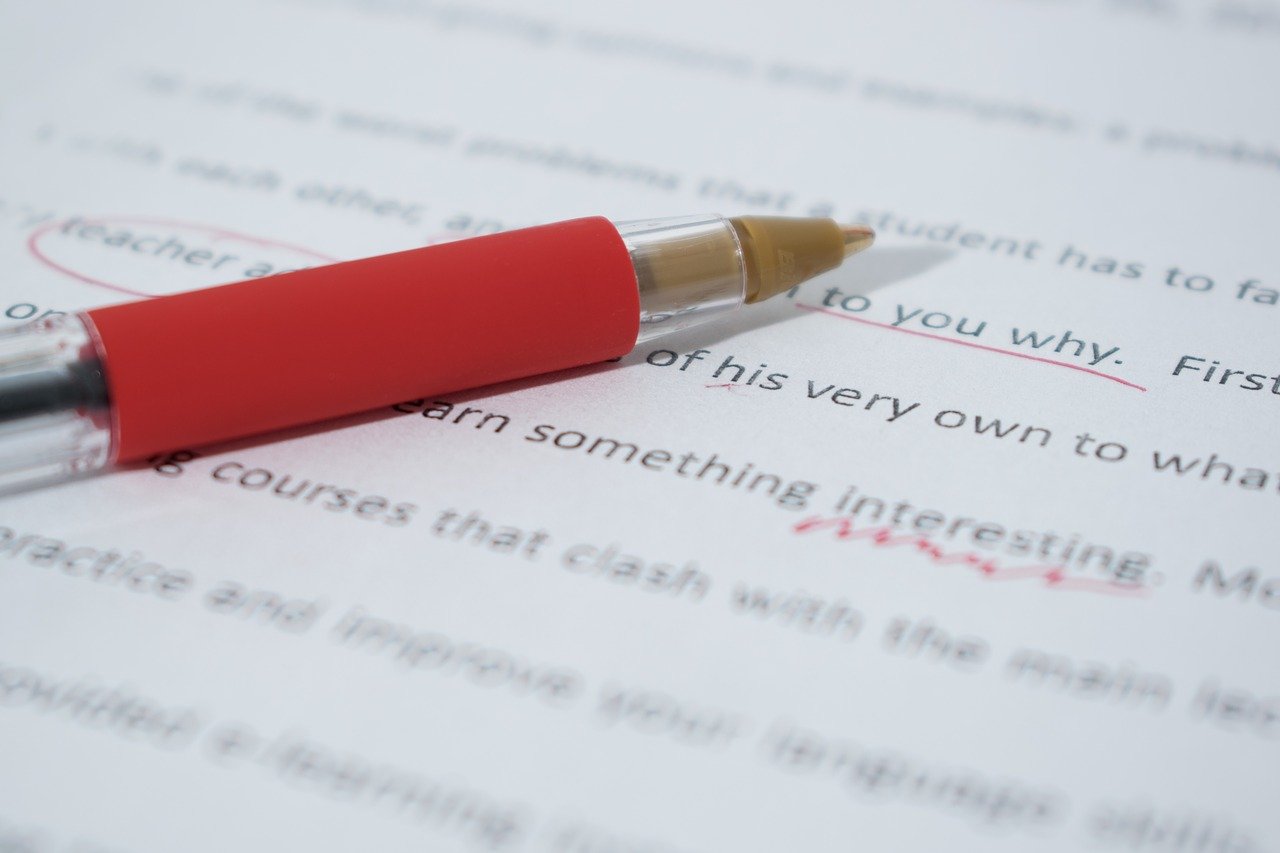We start with basic topic essays and go on to admission essays, theses and dissertations, and employment-related essays.
To learn how to write various types of essays properly, you must read a lot of articles on various topics and issues and practice critical reading and thinking; for example, to write a profile essay, you must understand that your paper should be a comprehensive picture of the person interviewed, and to create an effective discussion in a research paper you need to summarize the key findings in clear and concise language.
According to a business expert at Studybay, Max Malak, a smart essay writer expands on an intriguing subject by layering it, ensuring that the reader understands exactly what the author is attempting to say.
That being said, when writing, everyone adheres to a universal, fundamental framework. Here are some tips that will help you come up with a good essay:
Maintain your focus on the question
You must be diligent and sometimes ruthless with yourself in order to guarantee that what you write in your essay is always related to the question.
When you take more selective notes, it is frequently easier to ensure that what you are writing is relevant. It is usually easier to guarantee that what you write is relevant if you keep the requirements of the question in mind as you re-read your text, take notes, and begin organizing your writing.
A helpful idea for students who are struggling with this is to recast the question in your own words; imagine you are explaining what you need to write about to another person. This can help you clarify the issue for yourself (although, if you do this, verify with your English tutor to make sure you haven't rewritten it incorrectly).
Compose topic sentences
The first sentence of a paragraph is a topic sentence, and it describes the rest of the paragraph. You can make them ahead of time to help you keep on track while writing your essay.
One topic sentence for the thesis "Reading makes you smarter" could be, "Newspapers make you more aware of current events." Another topic line for a paragraph could be, "Reading plays and classic literature will make you more sophisticated."
If you're writing on the three major challenges confronting authors today, you may write three whole sentences, each addressing one of the three major issues. Set these away for now. When you begin writing the essay, come back to your topic sentences to build a solid structure that starts at point A and finishes at point C.
Argue from both sides
If you have to write a longer or more difficult essay, you might consider outlining all sides of the argument before you begin writing. When writing an essay, you must choose one side to focus on. However, as you prepare, having a side-by-side list of points might assist you in constructing your thesis.
Furthermore, by arguing for the other viewpoint, you will realize which issues in your essay need to be addressed more thoroughly. You will learn more about the issue and obtain new vocabulary words to use in your essay.
Backwards reading
Even the most fluent English speakers struggle with proper grammar. You have an edge because you are learning English. Many native speakers were taught incorrect grammar from the outset. It's difficult to repair the harm done by a lifetime of poor writing.
Make a concerted effort to practice your grammar and sentence structure as you learn the English language. Reading each sentence backwards is one method for detecting incorrect grammar in your own English writing (start with the last word and end with the first). This way, you won't be misled by how the words sound in your thoughts as you read them.
Is everything in the proper tense (past, present, future, and so on)? Are the possessive nouns plural if you're writing about plurals? Are the apostrophes placed correctly? Is there a punctuation mark (period, question mark, exclamation point) at the conclusion of every sentence? Reading the text backwards forces you to concentrate on grammar rules rather than sentence flow.
Make use of an online thesaurus and dictionary

When studying for an admission exam, you may have picked up a slew of new words. However, before you begin utilizing them in academic essays, make certain that you understand what they mean in the context of your essay. This is when a dictionary can be useful.
When writing an essay, another useful tool is a thesaurus. A thesaurus will provide you with synonyms, or terms that have the same or similar meaning as the word you are looking up. It is significant since it might boost the volume of your essay and the power of your thoughts.
For example, if you're writing about cooking, you might use the terms "stir" and "add" frequently. For a reader, this recurrence is tedious.
A thesaurus will teach you to say things like "whisk in the eggs" or "gently fold in the tomatoes" instead of "add the tomato" and "add the eggs." See? It sounds much better and adds to the intrigue of your essay.
Separate and combine sentences

After you've finished writing the essay, read back through it and look for any sentences that seem overly long or wordy. Divide this into two or more sentences.
Do the inverse with sentences that are too short.
Look for sentences that are closely related to one another as well. If two sentences appear to be related, you can join them with a semicolon ( ; ).
Have your essay edited by a native English speaker
Meet up with an English-speaking friend (or, at least, more fluent than you). This acquaintance can proofread your writing and point out any recurring errors.
If they uncover mistakes that you make frequently, you will be able to look for that error more closely in future writings. This acquaintance will also be able to point out any grammar or spelling mistakes that you may have overlooked.
Make use of online apps
Finally, there are several wonderful internet resources that might assist you in improving your writing. Hemingway Editor, for example, can go over your text and discover any confusing or wordy sentences. You can rewrite these to make them more understandable.
Grammarly is another fantastic tool for improving one's grammar and spelling skills.
Learning a new language is an ambitious task. There are so many minor aspects to understand, and the process requires a significant amount of time and dedication. You will, however, improve with practice and study.
It takes much more effort to become a competent writer in a foreign language, but these pointers will get you started.
Hopefully, you were able to uncover one or two pointers that can help you enhance your essay writing skills. Try to incorporate all of these tactics (or at least more than one) into your writing practice over time.
Happy studying!








